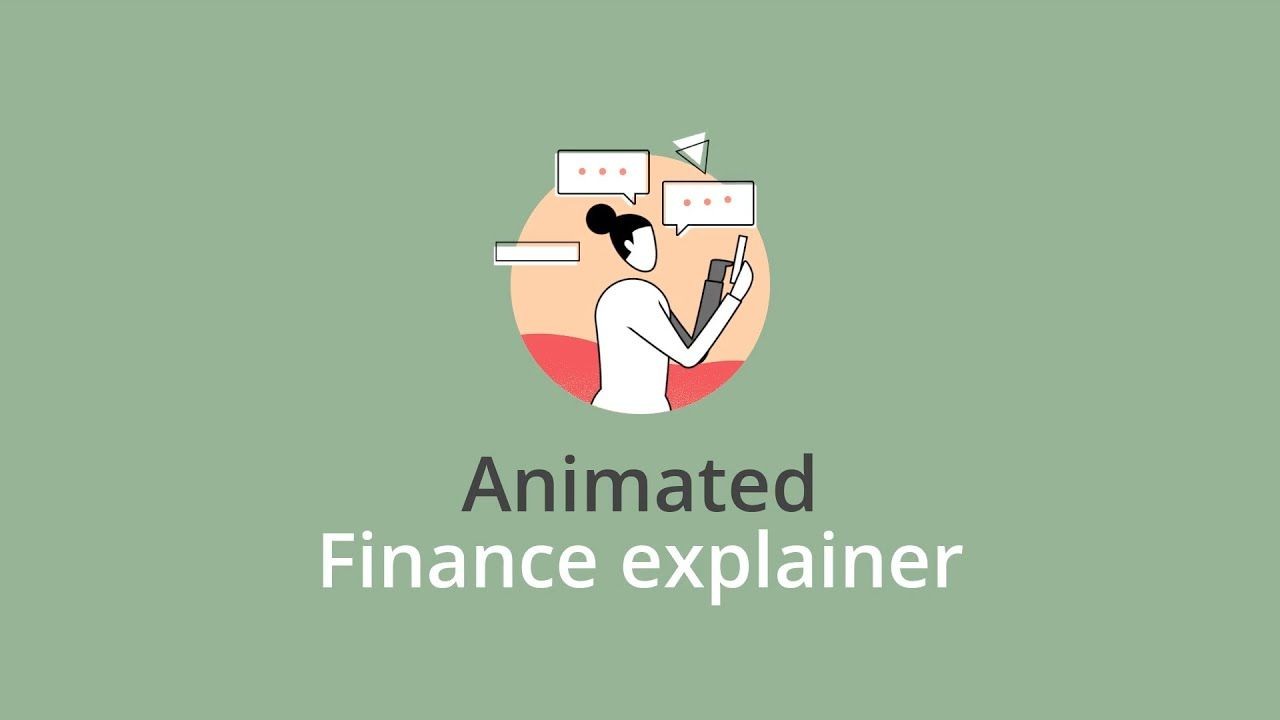Meet Sarah, a Wellington-based health enthusiast who, after years of chronic pain, found solace in acupuncture and herbal medicine. Her story is not an isolated one, as many New Zealanders are turning to alternative medicine to complement or replace traditional healthcare. This trend raises questions about the reliance on alternative medicine in New Zealand and its implications for the healthcare system, economy, and individual well-being. With healthcare costs rising and a growing interest in holistic health, understanding this phenomenon is crucial for policymakers, healthcare professionals, and the public. But are New Zealanders too reliant on alternative medicine, and what does this mean for the future of healthcare in the country?
Understanding Alternative Medicine in New Zealand
Alternative medicine encompasses a wide range of non-conventional therapies, including acupuncture, homeopathy, chiropractic, and herbal remedies. In New Zealand, the alternative medicine industry is growing, driven by increasing consumer demand for natural and holistic treatments. According to a 2020 report by the Ministry of Health, over 60% of New Zealanders have used some form of alternative medicine in their lifetime, and the industry is valued at approximately NZD 2.3 billion annually.
The rise of alternative medicine in New Zealand can be attributed to several factors. Firstly, there is a cultural shift towards wellness and preventative care, with many individuals seeking to maintain their health through natural means. Secondly, the increasing cost of conventional healthcare and long waiting times for specialist appointments have pushed some to seek faster and more affordable alternatives. Lastly, the influence of indigenous Māori medicine, known as Rongoā Māori, which incorporates native plants and spiritual healing, has also contributed to the acceptance and use of alternative practices.
The Role of Alternative Medicine in New Zealand’s Healthcare System
New Zealand’s healthcare system is a hybrid model comprising public and private sectors. While the public healthcare system provides essential services, it faces challenges such as long wait times and resource constraints. This has led to a growing number of New Zealanders seeking out alternative therapies as a supplementary option. In some cases, alternative medicine is used alongside conventional treatments, while in others, it serves as a primary intervention.
The integration of alternative medicine into the mainstream healthcare system is supported by a growing body of research. A study by the University of Otago found that acupuncture can effectively reduce chronic pain and improve quality of life, while herbal remedies have been shown to support immune function and reduce stress. Despite this, alternative medicine remains a contentious topic, with debates about its efficacy, regulation, and safety.
Pros and Cons of Alternative Medicine in New Zealand
Pros
- Holistic approach: Alternative medicine often considers the whole person—mind, body, and spirit—offering a more comprehensive form of healthcare.
- Personalized care: Treatments are often tailored to the individual, taking into account personal health history and lifestyle.
- Prevention-focused: Many alternative therapies emphasize preventing illness before it occurs, aligning with the growing trend towards preventative healthcare.
- Lower cost: Alternative therapies can be more affordable than conventional medical treatments, especially for chronic conditions.
- Cultural relevance: Practices like Rongoā Māori are culturally significant and hold value for Māori communities.
Cons
- Lack of regulation: The alternative medicine industry is less regulated than conventional healthcare, raising concerns about safety and efficacy.
- Potential for misinformation: Without standardization, there is a risk of misleading information about the benefits and limitations of alternative therapies.
- Limited scientific evidence: While some therapies have strong supporting evidence, others lack rigorous scientific validation.
- Risk of delaying treatment: Relying solely on alternative medicine can delay diagnosis and treatment of serious health conditions.
- Healthcare fragmentation: The integration of alternative practices into conventional healthcare systems can be challenging, leading to fragmented care.
Industry Insight: The Future of Alternative Medicine in New Zealand
The alternative medicine industry in New Zealand is poised for growth, driven by consumer demand and a shift towards integrated healthcare models. According to the New Zealand Association of Medical Herbalists, the trend towards sustainable and natural living is expected to continue, with more individuals seeking out herbal and botanical remedies. Additionally, the government's ongoing commitment to acknowledging Māori health practices within the healthcare system may further legitimize and expand the use of Rongoā Māori.
The integration of technology is another emerging trend within the alternative medicine sector. From telehealth consultations to apps that track wellness metrics, technology is enhancing the accessibility and personalization of alternative therapies. A report by NZTech suggests that digital health tools could play a crucial role in bridging the gap between conventional and alternative medicine, offering patients a more cohesive healthcare experience.
Case Study: Integrating Alternative Medicine into Mainstream Healthcare
Problem: A public hospital in Auckland faced challenges with managing chronic pain among its patients.
Action: The hospital implemented an integrative health program that included acupuncture and mindfulness meditation as part of its pain management strategy.
Result: After six months, the program reported a 30% reduction in pain scores and a 20% reduction in medication use among participants. Patient satisfaction scores also improved significantly.
Takeaway: This case study demonstrates the potential benefits of integrating alternative therapies into mainstream healthcare, providing a more holistic approach to patient care.
Common Myths About Alternative Medicine
Myth: Alternative medicine is not scientifically validated.
Reality: While some therapies lack extensive research, others, such as acupuncture and certain herbal remedies, have been validated through rigorous scientific studies.
Myth: Alternative medicine is always safer than conventional medicine.
Reality: Natural does not always mean safe. Some herbal supplements can interact with medications or cause side effects.
Myth: Alternative medicine can cure any illness.
Reality: Alternative therapies can support health and well-being but are not substitutes for conventional medical treatment, especially for serious conditions.
Future Trends & Predictions
Looking ahead, the alternative medicine industry in New Zealand is expected to continue its growth trajectory. By 2028, it is predicted that the industry will see a 15% annual growth rate, driven by technological advancements and increased consumer awareness. The integration of alternative medicine into conventional healthcare systems may become more seamless, with digital health platforms playing a pivotal role in this transition.
The shift towards personalized medicine is another trend to watch. As more data becomes available through digital health tools, practitioners will be able to tailor treatments more precisely to individual needs, enhancing the effectiveness of both alternative and conventional therapies. Additionally, the ongoing recognition of indigenous health practices will likely lead to a broader acceptance and integration of Rongoā Māori within the healthcare system.
Conclusion
Alternative medicine continues to play a significant role in New Zealand's healthcare landscape, offering a complementary approach to conventional treatments. While there are undeniable benefits to its holistic and personalized care, challenges such as regulation and scientific validation remain. As the industry evolves, the integration of technology and traditional practices will be key to providing a cohesive healthcare experience for all New Zealanders. What’s your take on the role of alternative medicine in New Zealand? Share your insights below!
People Also Ask
- How does alternative medicine impact healthcare in New Zealand?Alternative medicine complements conventional healthcare, offering holistic treatments that can enhance patient outcomes and reduce healthcare costs.
- What are the biggest misconceptions about alternative medicine?A common myth is that alternative medicine is not scientifically validated. However, therapies like acupuncture have strong scientific backing.
- What are the best strategies for integrating alternative medicine into healthcare?Experts recommend a collaborative approach, incorporating evidence-based alternative therapies into conventional treatment plans.
- What upcoming changes in New Zealand could affect alternative medicine?By 2026, policy updates may facilitate the integration of alternative medicine into mainstream healthcare, supported by digital health innovations.
- Who benefits the most from alternative medicine?Patients with chronic conditions, those seeking preventative care, and individuals interested in holistic health benefit from alternative medicine.
Related Search Queries
- Alternative medicine trends in New Zealand
- Rongoā Māori and healthcare
- Acupuncture effectiveness in NZ
- Herbal medicine regulation NZ
- Integrative health models in New Zealand




































coachtransformation
6 months ago